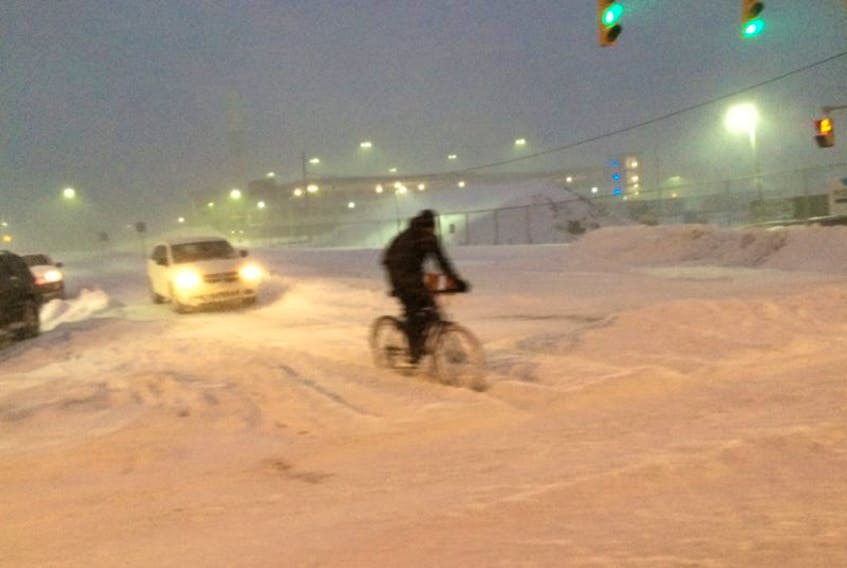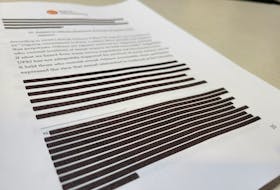Maybe we really do deserve bread and circuses, and that’s about all.
Take the absolutely bizarre situation in the land of the smart phone. It wasn’t enough to have 3G service, faster and better than what came before. No, we had to have 4G, which is about 10 times faster than 3G. (The “G” refers to the generation of the system; 4G is literally “fourth generation” service.)
Now, 5G is coming, with even faster data download speeds — as much as 20 times faster than 4G. (Some suggest the speeds will be even higher, and also point out that 5G systems will be able to handle a far greater number of devices at one time.) It all sounds wonderful, right? New gadgets, new toys, new distractions in our already distracting world.
But 5G is going to operate in a different super-high radio frequency than past cellular systems — and where that frequency is located will create new problems.
What a concept: you could download and watch a cat video some 20 times more quickly, but lose two to three days’ worth of warning about impending destructive weather.
In the United States, the Federal Communications Commission (FCC) system started auctioning off band width for new 5G operators, but chose a strange place: just above 24 gigahertz. It’s strange because 24 Ghz is very close to 23.8 Ghz, a crucial spot in the radio frequency spectrum where meteorologists use passive listening stations to monitor the radio signature of water vapour.
The fear is that all the noise right next door at 24 Ghz will drown out the information meteorologists need to do things like track hurricanes; scientists won’t be able to discern between what’s actually water vapour and what’s “noisy neighbour” spillover from 5G.
The consensus is that the loss of data will reduce the accuracy of weather reporting by about 30 per cent, or back to the type of accuracy last seen in the U.S. in the 1980s.
But it’s not just an American problem. As Scientific American pointed out in an April story, “Unless regulators or telecommunications companies take steps to reduce the risk of interference, Earth-observing satellites flying over areas of the United with 5G wireless coverage won’t be able to detect concentrations of water vapour in the atmosphere accurately. Meteorologists in the United States and other countries rely on those data to feed into their models; without that information, weather forecasts worldwide are likely to suffer.”
Even with warnings, the FCC went ahead and auctioned off space at 24 Ghz, raising US$2 billion.
And it doesn’t end there.
Future U.S. FCC radio frequency auctions are currently set for ranges that weather observatories use to detect other elements: rain, snow, atmospheric temperature, sea ice and clouds.
What a concept: you could download and watch a cat video some 20 times more quickly, but lose two to three days’ worth of warning about impending destructive weather.
Why are we even having this discussion?









